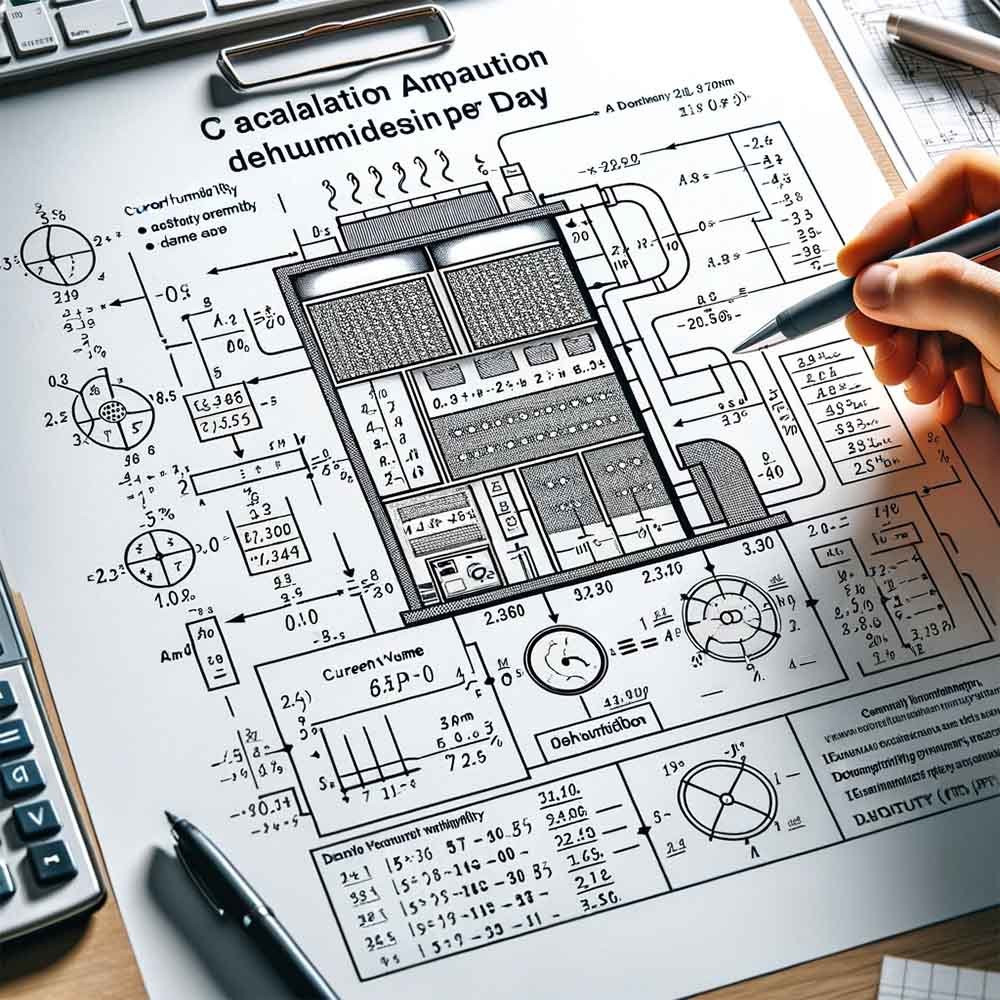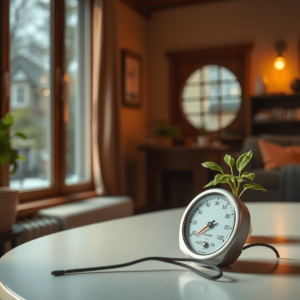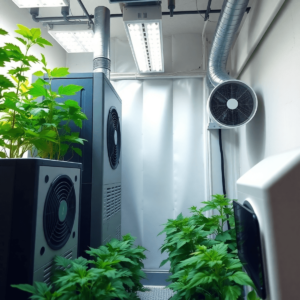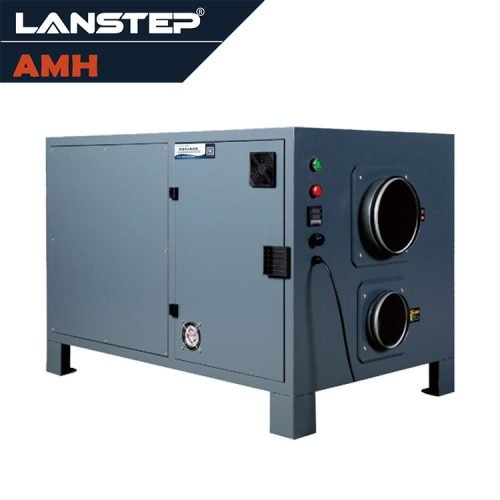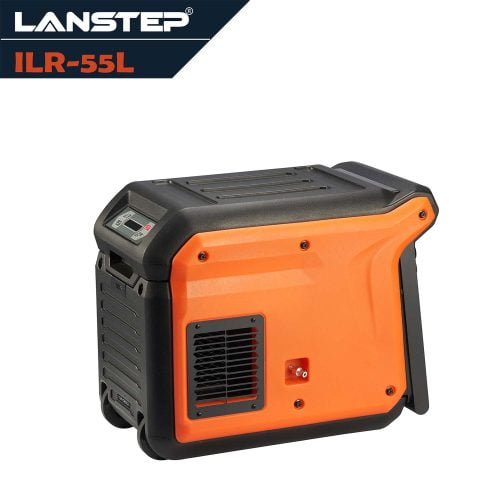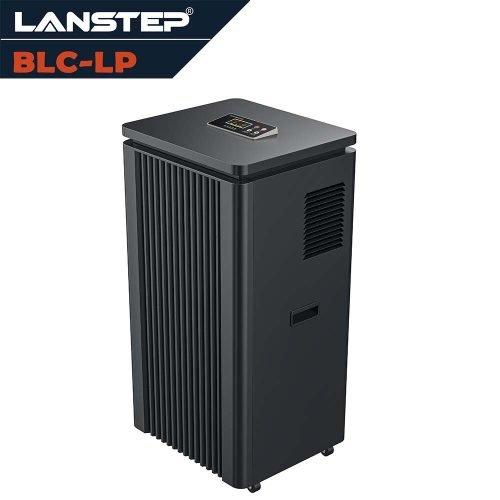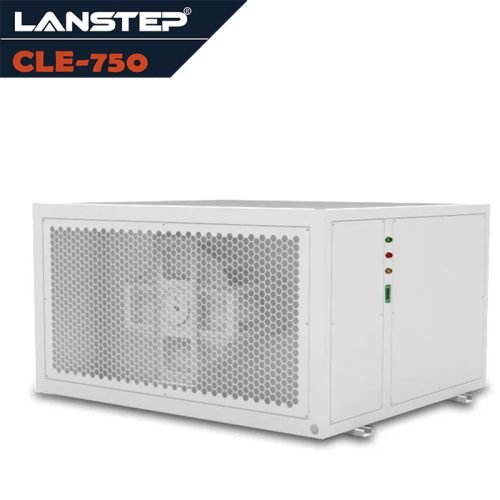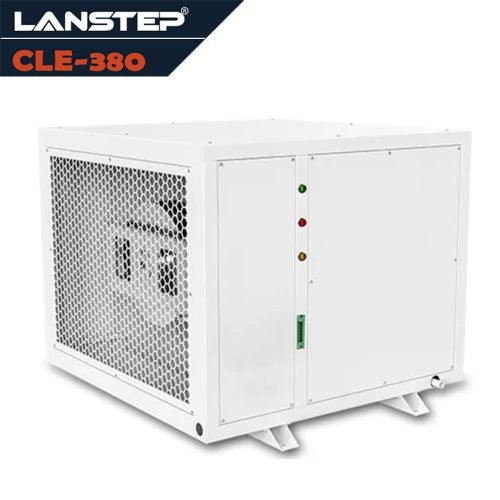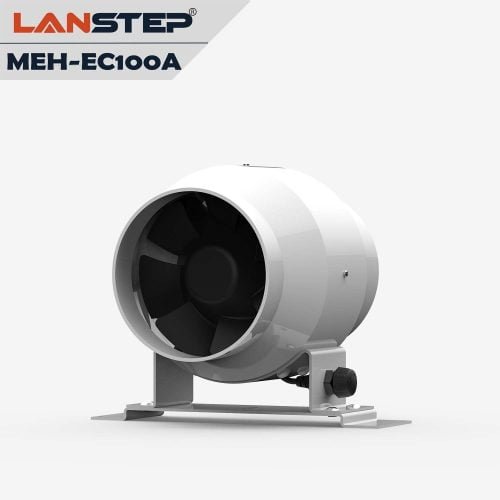The correct selection of industrial dehumidifiers is crucial for maintaining the balance of humidity in space and enhancing work efficiency. This article aims to discuss how to select the capacity of industrial dehumidifiers in different locations, covering common application areas, factors to consider, calculation methods, and a quick selection guide.
- Common Application Areas for Industrial Dehumidifiers:
- Warehouses and logistics centers: To prevent goods from moisture and mold.
- Production workshops: Especially in humidity-sensitive industries like electronics, pharmaceuticals, and food processing.
- Data centers and server rooms: To control humidity to protect sensitive electronic equipment.
- Hospitals and laboratories: To ensure a stable environment and prevent the growth of bacteria and mold.
- Factors to Consider for Capacity Selection in Common Locations:
- Space size: Directly affects the capacity requirements of the dehumidifier.
- Existing humidity levels: Different humidity levels require different dehumidification efficiencies.
- Temperature: Temperature affects the evaporation and condensation of moisture in the air.
- Air circulation: Good ventilation can improve dehumidification efficiency.
- Calculation Methods for Selecting Capacity in Common Locations:
- Formula: Dehumidification amount (L/day) = [Room volume (cubic meters) × (Current humidity – Target humidity) × Air density (kg/cubic meter)] / 24
- Example: For a 1000 cubic meter warehouse with a current humidity of 75% and a target humidity of 50% at 25°C, where air density is 1.18 kg/m³, the calculation is: [1000 × (75% – 50%) × 1.18] / 24 ≈ 123.75 liters/day.
- Safety factor: It is generally recommended to add a safety factor of 10%-20%.

- Quick Selection Method for Different Locations:
- Warehouses and logistics centers: About 2-3 liters/hour per 100 square meters.
- Production workshops: Depending on the nature of the production process, approximately 3-5 liters/hour per 100 square meters.
- Data centers and server rooms: Due to sensitive electronic equipment, the demand may reach 5-7 liters/hour per 100 square meters.
- Hospitals and laboratories: Depending on laboratory standards and medical equipment requirements, about 4-6 liters/hour per 100 square meters.
When choosing the right industrial dehumidifier, a trustworthy brand is vital. Here, LANSTEP, as a professional industrial dehumidifier manufacturer, offers a variety of solutions to meet the needs of various locations. LANSTEP’s products focus not only on efficient dehumidification performance but also consider energy efficiency ratio and environmental factors, adapting to various industrial environments. Whether it’s for large-area warehouses, data centers with high humidity requirements, or hospitals and laboratories with special air quality needs, LANSTEP provides optimal products and services, ensuring customer satisfaction and safety performance. By choosing LANSTEP, you can ensure effective control of humidity in your space while creating greater value for your enterprise.

